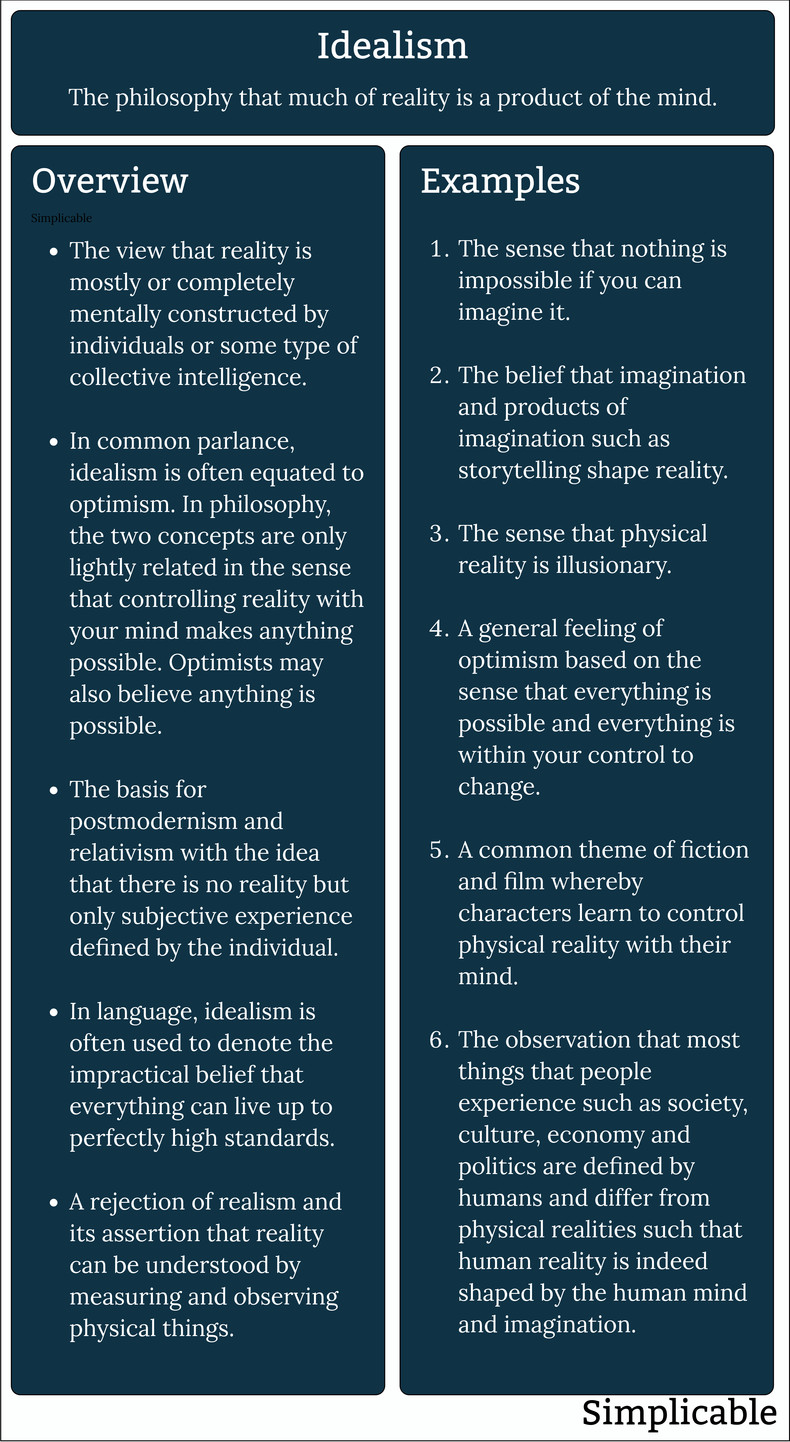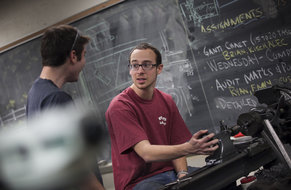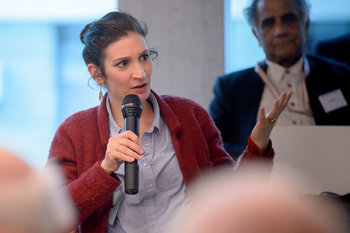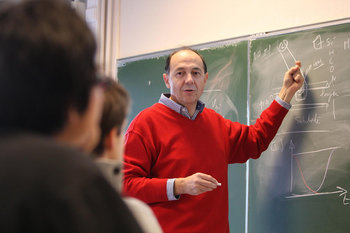
Optimism
The term idealism is commonly misused as a synonym of optimism. Optimism is a belief that positive change is possible. This entails a great respect for human agency and therefore has similarities to idealism. For example, an optimist may believe that dreams can be made reality.Skepticism
Skepticism is the tradition of questioning human knowledge. This can go so far as to suggest that the human mind can't comprehend the actual universe such that it is a complete mystery. According to this theory, the things we experience are mentally constructed as they differ from true realities.Cogito Ergo Sum
Cogito ergo sum, translated "I think therefore I am" is a counterargument to the skeptical position that nothing can be known with certainty. According to cogito ergo sum if you doubt that you exist, this thought itself is proof that you do exist. Therefore we can know with certainty that we exist. This has interesting implications for idealism because one of the few things that can be proven against the standard of extreme skepticism is that we exist as thinking entities.Pragmatism
Pragmatism is the practice of accepting things as true if they are true for all practical purposes. For example, if humans happen to perceive a particular wavelength of light as red, then red exists, even if the rest of the universe has no such concept. Pragmatists would differ from idealists on many things. For example, a pragmatist would probably not believe the Sun is mentally constructed because it appears to be very real and beyond human control for all practical purposes.Transcendental Idealism
The idea that the foundations of experience such as time and space are a way that humans use to internalize the universe such that they don't necessarily exist outside our experience. For example, the idea that time is simply a way for humans to sequence events so that everything doesn't happen at the same time.Subjective Idealism
The idea that only minds exist such that all matter is a mental construct.Pluralistic Idealism
The theory that the universe is the product of many individual minds that collectively define physical realities.Mind Over Matter
Mind over matter is the idea that physical matter and processes can be changed with the mind. If the universe is a mental construct, it would make sense that people could change it with thought. Realists would point out humans appear to have little or no control over a wide range of physical realities despite great efforts to overcome things like disease, pain and physical limitations.Materialism
Materialism is the philosophy that states that matter is the fundamental building block of all things. This is the opposite of idealism as it suggests the mind is the product of matter and not the other way around.Naive Realism
Naive realism is the idea that human perceptions are all universal. For example, we perceive chocolate as tasty because this is a universal truth as oppose to an odd idea created by human perceptions and culture that might appear completely absurd to the rest of the universe.Motivated Thinking
Motivated thinking is believing what you want to believe. As people commonly find that certain physical limitations and processes are bleak and oppressive it may be common to strongly want to believe that all things can be transcended with the mind.Society & Culture
A great number of things that humans value are completely a product of our minds. For example, a myth that is valued by a society or culture that leads to experiences such as storytelling or celebration.Dematerialization
Dematerialization is a broad economic trend whereby services and experiences that have little or no physical form are becoming a large percentage of economic output in developed countries. For example, industries such as entertainment, music and technology are largely based on intangible products. This has interesting implications for idealism as modern economic output is often a product of the mind such as a video game.Fiction As Reality
The observation that fiction appears to influence the development of technology, society and culture such that storytelling helps create the future.Summary
Idealism is the philosophy or perspective that reality is shaped by thinking.
Notes
Idealism doesn't necessarily suggest everything is the product of the human mind, it could be some other type of mind. For example, the theory that reality is a computer simulation could be viewed as idealist.| Overview: Idealism | ||
Type | ||
Definition | The idea that reality as humans know it is mostly or completely mentally constructed or otherwise immaterial. | |
Related Concepts | ||








































